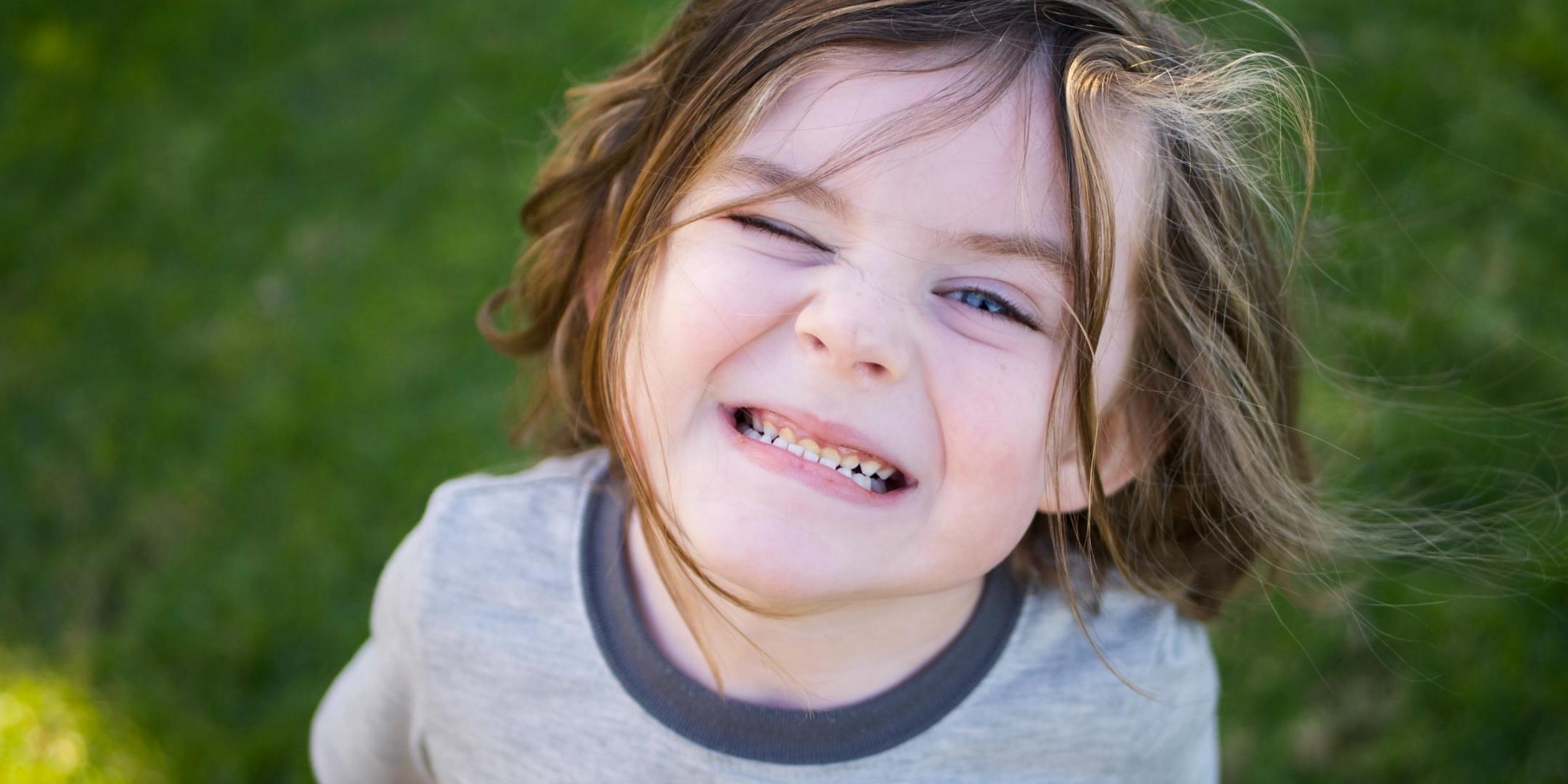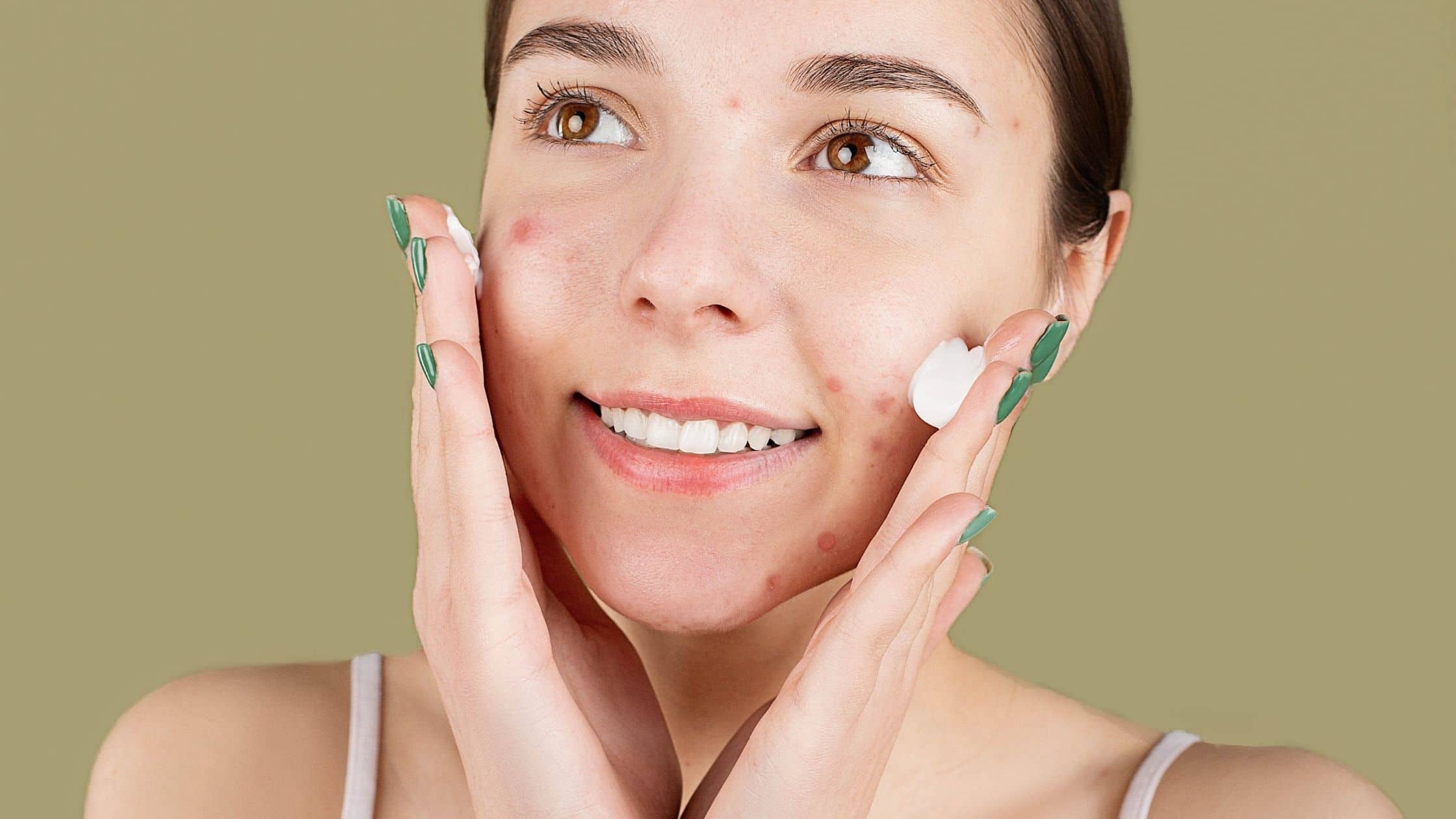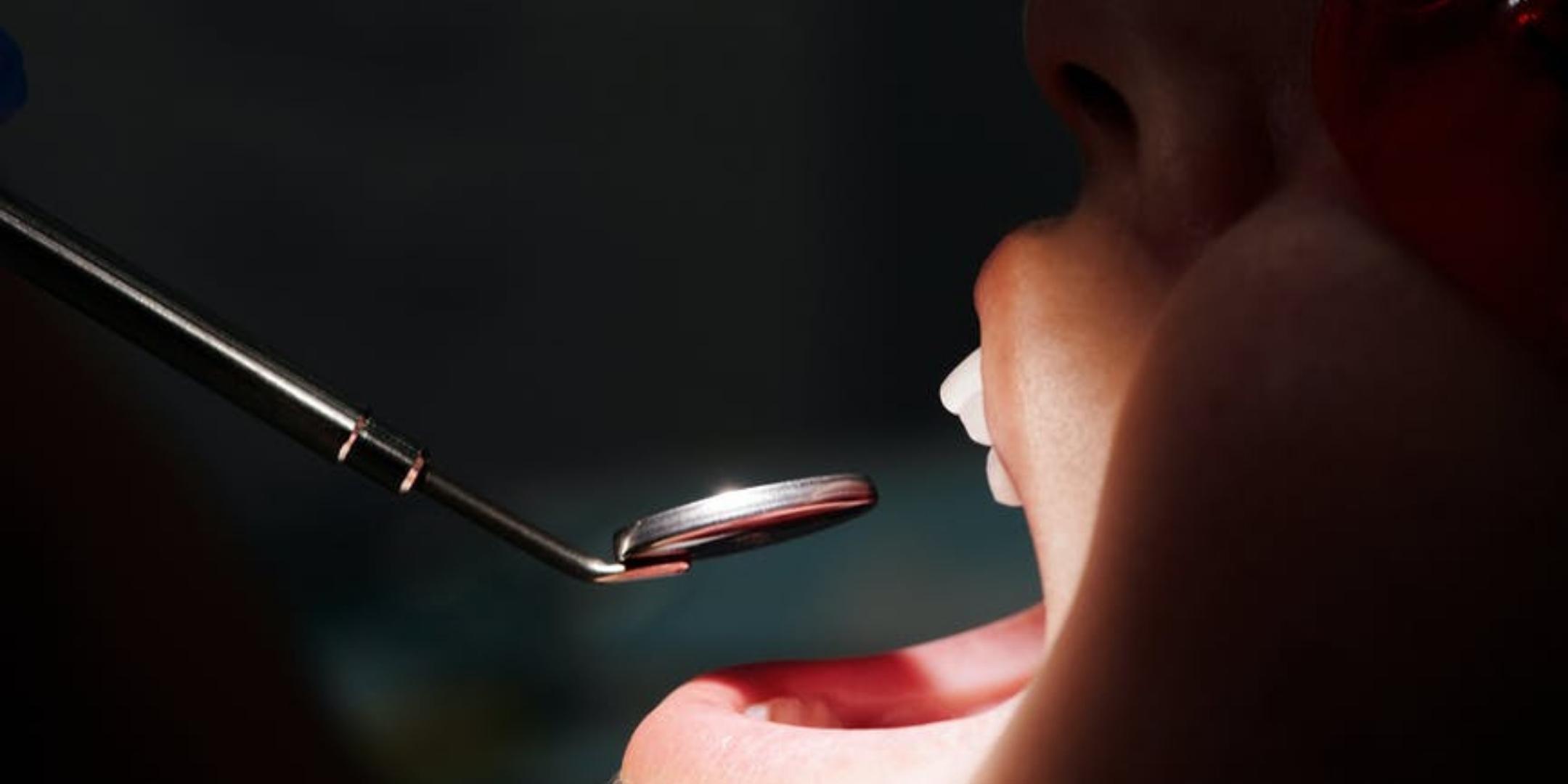Babies are born with teeth that may not erupt for some time but won’t decay because the mouth is in an acidic environment. As babies start to eat solids, those teeth will gradually wear away due to their sharp edges and constant penetration into harmful food particles.
The baby teeth protect by using their hard surface to keep more fragile teeth from coming into contact with potentially damaging substances. Baby teeth are only meant to last the baby’s entire life cycle, anywhere from birth to age five for most children.
Permanent teeth will eventually replace their primary counterparts. However, like adult ones, baby teeth are still susceptible to decay. Cavities form on the top of baby teeth when plaque from poor oral hygiene combines with bacteria, causing damage to tooth enamel.
Since the baby’s saliva isn’t as potent as an adult’s, there is less guarding against decay. So, let’s look at ways to tell whether your baby has a cavity.
How Does Baby Teeth Cavity Affect Babies?
Dental cavities can be incredibly harmful to the baby’s health. They can cause pain, infection, and even tooth loss. The lack of protection that the baby tooth offers also puts your child’s oral health at risk.
If you have the slightest indication that your baby has a cavity, you must make a dental visit as soon as possible. However, the cavity might affect the health of your child and you.
- If your child has a cavity and doesn’t receive immediate treatment, they could experience severe, persistent pain. Eating becomes difficult, and they will also have uncomfortable sensations while chewing their food as the decaying tooth causes more pain and discomfort in their mouth.
- A baby with a decaying dental filling is more vulnerable to severe gum disease than an adult in similar circumstances. The baby’s gums are more sensitive than an adult’s and will be more susceptible to infection if the cavity isn’t treated.
- It might hinder adult teeth from developing properly.
- It might impact speech. Dental cavities can be a primary cause of speech difficulties, as the cavities are usually located at or near the dental roots. If a cavity is present in the back of the mouth and affects surrounding teeth, it may affect your baby’s ability to speak or perform normal oral hygiene tasks.
- A cavity can compromise a baby’s nutrition. A cavity might affect your baby’s ability to eat well. If they miss out on some of their essential nutrients, they might not get enough to grow much, if at all.
What Are The Symptoms Of Cavities In Baby Teeth?
A baby can have a cavity in their baby teeth without you noticing. It could be hiding in the back of the mouth, underneath the baby tooth, or even at the base of your child’s upper teeth.
Sometimes cavities can be difficult to detect if they are not too severe. However, several symptoms will have you looking closely at your child’s mouth. Certain signs of tooth decay are as follows:
- Your child might be experiencing pain while they are eating. The pain can be constant, mostly in the area below the baby tooth where the decay is, or intermittent.
- You may notice a foul smell coming from your child’s mouth. This smell is mostly caused by little or dead bacteria located at your child’s teeth base. This smell is most likely to occur after the child has eaten a meal.
- You may see visible signs of decay in your child’s mouth. If the baby tooth starts to turn brown or yellow, you’re probably looking at an active cavity.
- Your baby’s gums are becoming red, swollen, or bleeding. An infection could cause it, usually accompanied by a bad smell.
- You might see visible holes in your child’s teeth that are darker than the rest of their gum line. These holes will likely be the result of the decay.
- Increased sensitivity in your child’s gums or teeth.
However, you might be able to see a cavity on the surface of your child’s tooth. You should always take your baby to the pediatric dentist if you think they have any symptoms of decay in their teeth so that the dentist can examine them properly and determine the extent of their dental issues.
How Can You Treat Cavities In Baby Teeth?
The pediatric dentist will need to determine if the cavity is large enough to fill or small enough to stop before it worsens. Treatments for cavities in baby teeth are similar to adult treatments. The dentist will choose the appropriate treatment method depending on the size and severity of the cavity.
However, the cavity will have to be treated quickly, as the decay can cause more harm as it progresses. The dentist will choose from various treatments, simple to complex. All the treatment options have their risks and benefits.
To decide how severe the cavity is, the dentist will need to take an x-ray of your child’s mouth. If your child has a minor cavity, it will generally be filled at the same visit as being detected by your dentist.
They will use a filling made of composite resin, which is slightly more expensive but very strong. If the cavity is larger or more complex, it may need to be filled and treated separately. Your dentist will advise you as this will depend on what is most important. The filling needs to have enough tooth structure around it so that the tooth can grow normally when your child’s teeth are fully grown. The dentist will decide whether another treatment will be necessary to stop the regrowth of the cavity.
The cavities located at the back of the mouth, underneath the baby tooth, will often need to be treated differently. The dentist will discuss possible treatment options with you before starting any treatment and what you can expect from each option. The main aim of most treatments for this type of cavity is to remove it quickly to prevent more extensive damage.
Causes Of Cavities In Baby Teeth
There are various reasons why a baby might develop a cavity in their baby teeth.
- The most common cause of decay in young children is consuming any form of sugary food or drinks. That’s why it is always essential to avoid giving them anything that contains a large amount of sugar, even if it’s just one piece of candy.
Giving your child sugary foods or drinks will cause plaque and bacteria on their teeth when they consume these items. If the bacteria are not removed or dislodged regularly, it can cause a large amount of damage.
- Another common cause of cavities in baby teeth is the consumption of acidic liquids and certain acidic foods. If your child consumes anything with an acidity level higher than a pH of 5, they might develop cavities in their teeth. It is most commonly caused by decay in the back of the mouth, underneath their baby teeth.
- Some areas on your child’s teeth can become less alkaline as they age. It means that it becomes easier for bacteria to grow in these areas. These areas are generally found at the base of their upper teeth and near the area where a baby tooth used to have a crown on it.
- Stomach problems can also be a factor in the development of cavities. If your child’s stomach is not working properly and cannot digest food properly, it can lead to cavities in their teeth. If your child has a history of gastrointestinal problems, you should make regular dental visits.
- Bad oral hygiene can also lead to cavities in your child’s teeth. If a person does not brush their teeth after every meal, they may have plaque and other bacteria build up on their teeth. It can cause damage to their enamel and lead to cavities. Children and adults need to use oral hygiene products appropriate for their age to avoid tooth decay.
How To Prevent Cavities In Baby Teeth?
It is very important to take good dental care of your child’s teeth as they grow, especially when preventing cavities in their baby teeth. You can do this by teaching them good dental hygiene habits early on.
It is better that you have a good idea of how to clean and protect their teeth using appropriate products for their age. Trying to clean or protect their teeth without proper knowledge can worsen.
When it comes to preventing cavities in baby teeth, there are some things that you can do. Simple things, such as brushing and flossing at least twice a day, will help to prevent cavities. The dentist might advise you on what to do and what not to do as far as brushing and flossing go.
If your child does not floss their teeth regularly, it can cause cavities in their baby teeth. You should also ensure that you don’t give your child sugary foods or drinks more than once a day.
Reducing the amount of time your child spends eating or drinking things containing a large amount of sugar will also help prevent cavities from forming.
If your child does not use the appropriate toothpaste for their age, it can cause problems when getting cavities in their baby teeth treated. It can lead to more damage and possibly higher costs associated with treatments. Lastly, regular pediatric dentist visits will ensure and maintain the health of your child’s teeth. Ensure that you use the right products for your child’s age when cleaning and protecting their teeth.
Conclusion
Baby teeth are essential in a child’s life. They help to maintain their oral health and prevent cavities in adult teeth. If you want to keep your child’s baby teeth healthy, you must take care of them as they grow and visit the dentist regularly for checkups.
There are many ways to prevent cavities in baby teeth, but the most effective way is to maintain good oral hygiene at home by regularly brushing and flossing your child’s teeth.
It is also important to avoid giving your child anything that contains a large amount of sugar. Follow these simple tips, and your child’s baby teeth will stay healthy for years to come.
FAQ
How long does it take for cavities to develop in baby teeth?
The length of time a cavity will take to develop depends on its location. If the cavity is located at the back of the mouth where a baby tooth used to be, it can take several years.
As stated previously, cavities can also develop in other areas of your child’s teeth that have less protection than their adult teeth, and these areas may not be immediately visible. Therefore, you should contact your child’s dentist regularly to monitor the development of any cavities that they may develop.
Can I still brush my child’s teeth if they have just developed a cavity?
If your child has just developed a cavity, it would be good to take them to their dentist as soon as possible. They will need to see what’s causing the problem and determine what kind of treatment is necessary.
If your child cannot have any dental treatment because of health issues or an unknown cause, you can still use a toothpaste designed for infants or children with cavities.
Can I put fluoride toothpaste on my baby’s teeth?
It is very important to ensure that you should never use a toothpaste containing fluoride for your babies. Fluoride contains a chemical known as sodium lauryl sulfate, which can harm your baby’s developing teeth.
Giving them any chemical product such as toothpaste can cause further damage to their enamel, which could lead to cavity formation. It would help if you only used toothpaste specifically designed for children with cavities.









